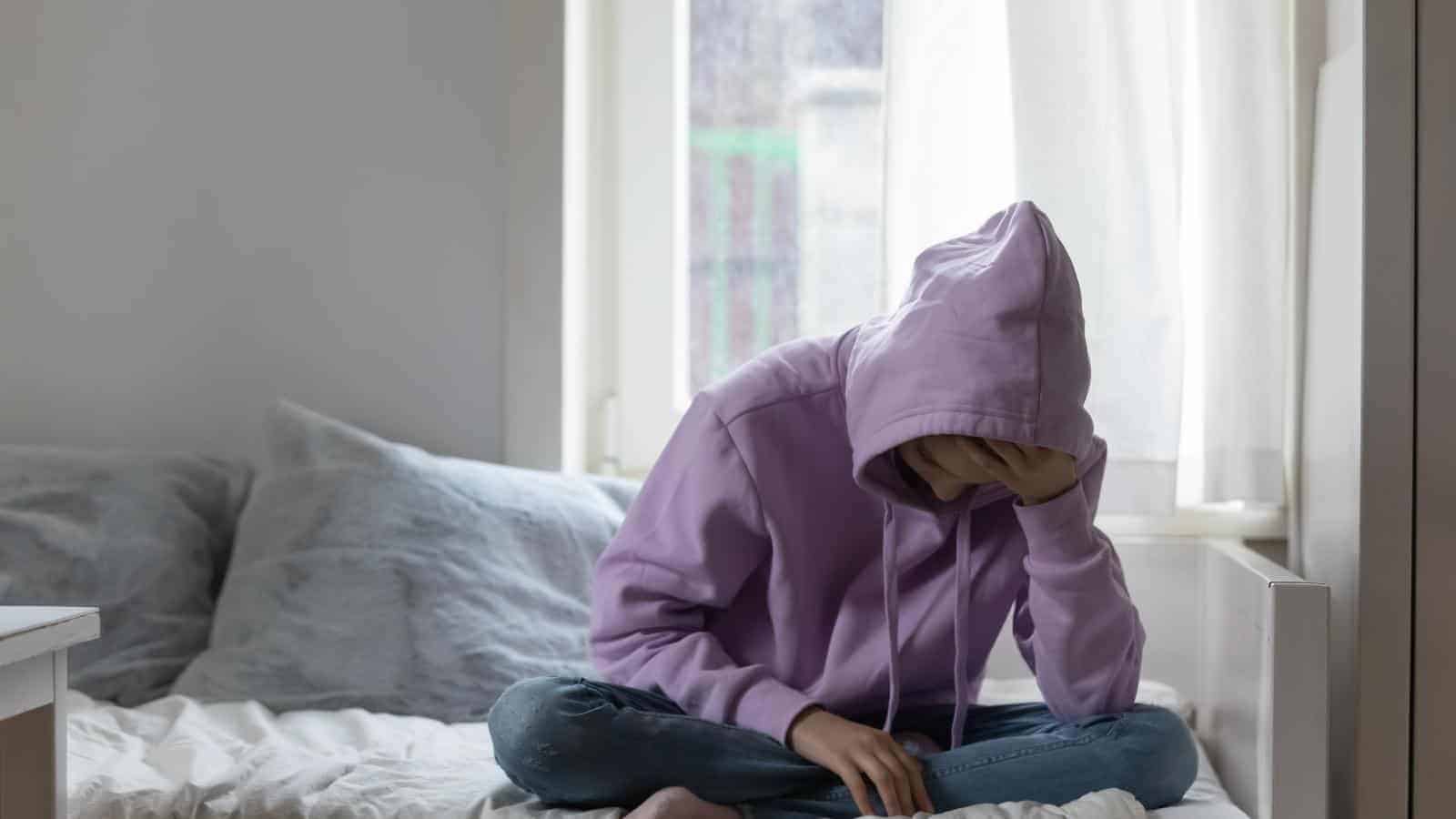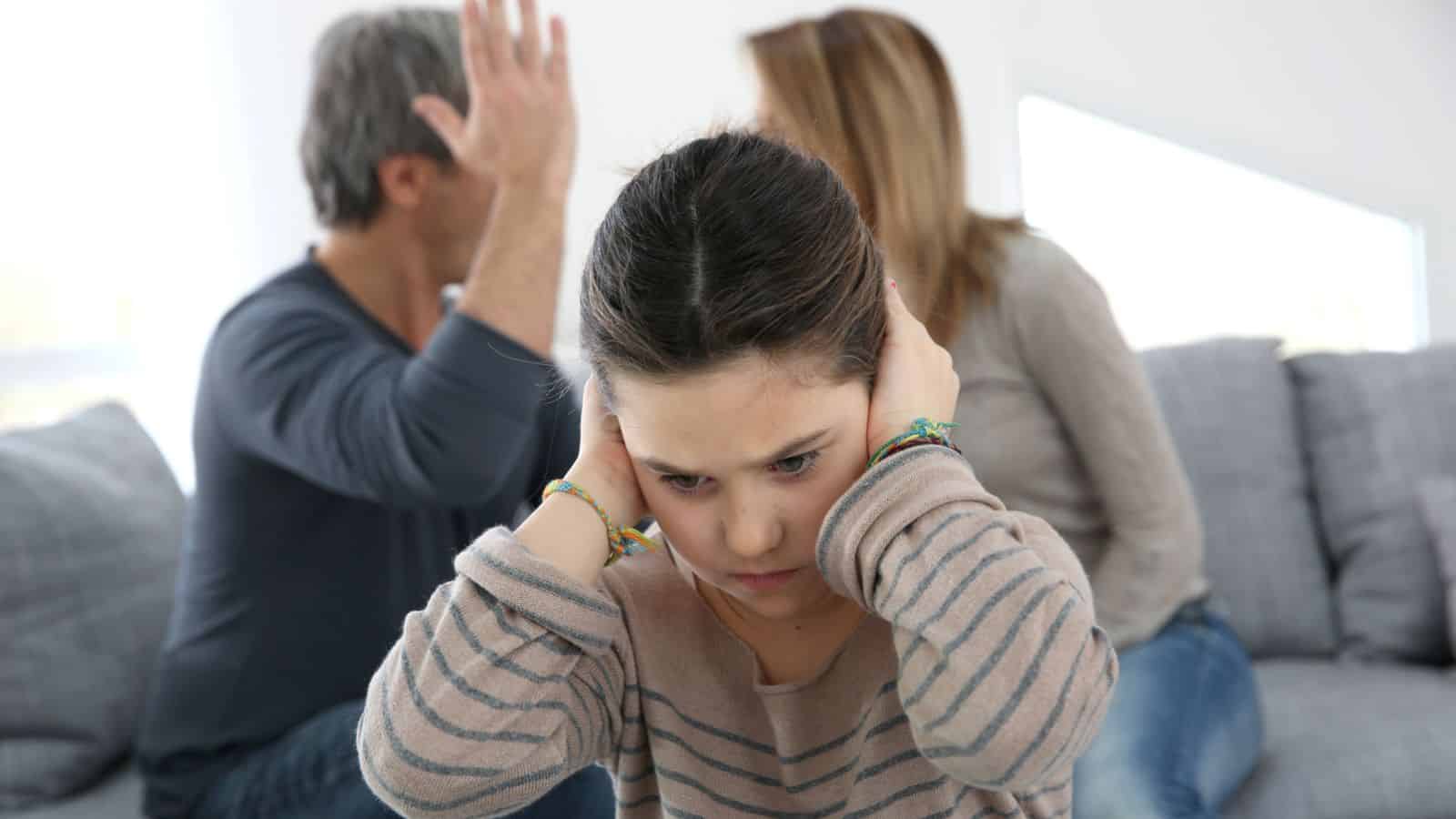You may feel like you’ve lost touch with your children since they’ve turned into adults. There could be a variety of reasons for this, but if you’re unsure, it’s always best to ask them. Here are 19 reasons why your adult children don’t talk to you anymore.
Childhood Trauma

Trauma from childhood can affect your children years later. For example, NCTSN explains, “Traumatic experiences leave a legacy of reminders that may persist for years. These reminders are linked to aspects of the traumatic experience, its circumstances, and its aftermath.” It could mean your child is avoiding you to protect their mental health.
Parenting Styles

If your parenting style was too overwhelming for your child and you barely gave them any independence, then it can be a sign that they want to stay away from you now, in their adult life. Your adult child may need space, and it’s important to respect their boundaries.
Lack of Respect for Boundaries

If you were constantly intruding on the personal lives of your children, then it could be a reason they don’t speak to you anymore. While you may have just thought you were showing an interest in their lives, to them, it may seem like you weren’t respecting their boundaries.
Favoritism

If you had more than one child, then it’s common for one of your children to feel like you favored their sibling over them. Now that your child is older, they may feel like they want to distance themselves from you because they didn’t receive the love they needed.
Failure to Acknowledge Mistakes

NBC News writes, “Struggling to admit our own fault, though—whether it was a major breach or a minor mess-up—doesn’t really serve us well. Not only can it sour some of our closest relationships, but it can even be detrimental to our own personal growth.” If you struggle to admit that you made mistakes in the past, then it can drive your child away.
Differences in Values

A difference in values can have a huge impact on your relationship with your child. You may find your views differ when it comes to politics, religion, and your lifestyle choices. Sometimes, even if you completely disagree with some of the decisions your child has made, you should try to respect them.
Divorce

Divorce can have a huge effect on children and you may not even realize it. Conflict between both parents, which then ends in divorce, can make children feel as though they did something wrong, or even like they need to pick a parent to be loyal to. This can then be dragged into adulthood, where bonds with a parent aren’t so strong.
Poor Communication

You might want to reflect on what your communication was like with your child. If you feel like you talked at them rather than to them, were constantly hard on them, or didn’t listen, then this can be why they don’t want to keep in contact with you anymore. Try addressing this with your child and opening up to them.
Inability to Let Go

Sometimes, you need to accept that your son or daughter isn’t a child anymore. They can have their own adult lives that you can’t interfere with. You need to give your child a chance to be independent and let them make their own mistakes, no matter how hard that might be.
Past Addictions

According to the NSPCC, substance abuse can have a huge effect on children. It can create emotional problems, put them at risk of neglect, cause poor attendance at school, and even expose them to criminal activity. Addiction can cause long-term damage to your children, so don’t expect them to be so forgiving.
Abandonment

If you abandoned your child when they were young, and then you decide to try and reenter their life, they may not be too happy to see you. Abandonment can make your child feel unsupported or like you don’t love them, so they may not be so happy about reuniting.
Mental Health Issues

Mental health can put a huge strain on any type of relationship. Whether it’s you or your child who’s been dealing with mental health issues, it’s important to seek help so that it doesn’t completely ruin your relationship. It’s important to have patience when mental health is involved.
Financial Conflicts

Money can cause so many issues when it comes to relationships with children. When finances are involved, it’s important to be fair, especially when it comes to inheritance or when you have more than one child. By resolving issues with money, it should then help to create peace between yourself and your child.
Expectations vs. Reality

You may have expected too much from your child when they were younger, especially academically. This can create a rift and lead to you pushing them away. Instead, as long as they tried their best, you should be proud of them, no matter what. It’s not always possible to get straight A’s and you shouldn’t expect that.
New Relationships

If you’re a divorced parent and you get into a new relationship, you should think about the impact this would have on your child. Psychology Today writes that even though you may be ready to move into a new relationship, your child may not be. It can still affect your child in the present day, especially if they don’t get along with your current partner.
Grudges

Grudges can last a lifetime, even when it comes to your children. If this grudge is still lingering years later, then it can affect family relationships and push your children away. Sometimes the best thing you can do in these situations is to seek professional help so that you can focus on forgiveness.
Lack of Support

Your child needs support during their childhood; you should be their number one fan, always cheering them on. If they don’t feel like they ever got this from you, then it can drive them away, even in adult life. You should reflect on whether you were there for them and if not, ensure you apologize for it.
Unresolved Grief

Marie Curie explains, “Feelings of grief may affect a child differently over time and children may grieve in cycles rather than all at once. This means that, although a child’s grief may seem shorter than an adult’s, it may in fact last longer.” Your child may have taken this grief into adulthood with them, causing your relationship to break down.
Financial Status

If you have a different financial status from your child, then this can put a huge wedge in your relationship with them. There may be feelings of inadequacy, with the less well-off person feeling as though they’ve failed. Try to remind yourself that money isn’t everything, but your child is.
Up Next: 17 Commonly Believed Myths About The Wild West That Are Actually False

The Wild West was a peculiar place to live in, for sure. But are the stories of gunslinging cowboys and superhero sheriffs true? Here are 17 myths about the Wild West you should stop believing today.
17 COMMONLY BELIEVED MYTHS ABOUT THE WILD WEST THAT ARE ACTUALLY FALSE
18 Signs Someone Has a Personality Disorder

Personality disorders are underdiagnosed because they’re often misconceived as people ‘being difficult.’ Society also tends to focus more on the symptoms of anxiety and depression that accompany personality disorders, neglecting the other signs. To promote understanding, here are 18 signs someone isn’t being difficult but has a personality disorder.
18 SIGNS SOMEONE HAS A PERSONALITY DISORDER
20 Reasons Why Older Couples Are Ending Their Relationships

As our society modernizes and normalizes separation for couples who feel unhappy or stagnated, even older couples are choosing to end their marriages in greater numbers. While staying “till death do us part” and spending your golden years with a life-long partner may be more traditional, here are 20 reasons why older people might now be choosing divorce instead.
